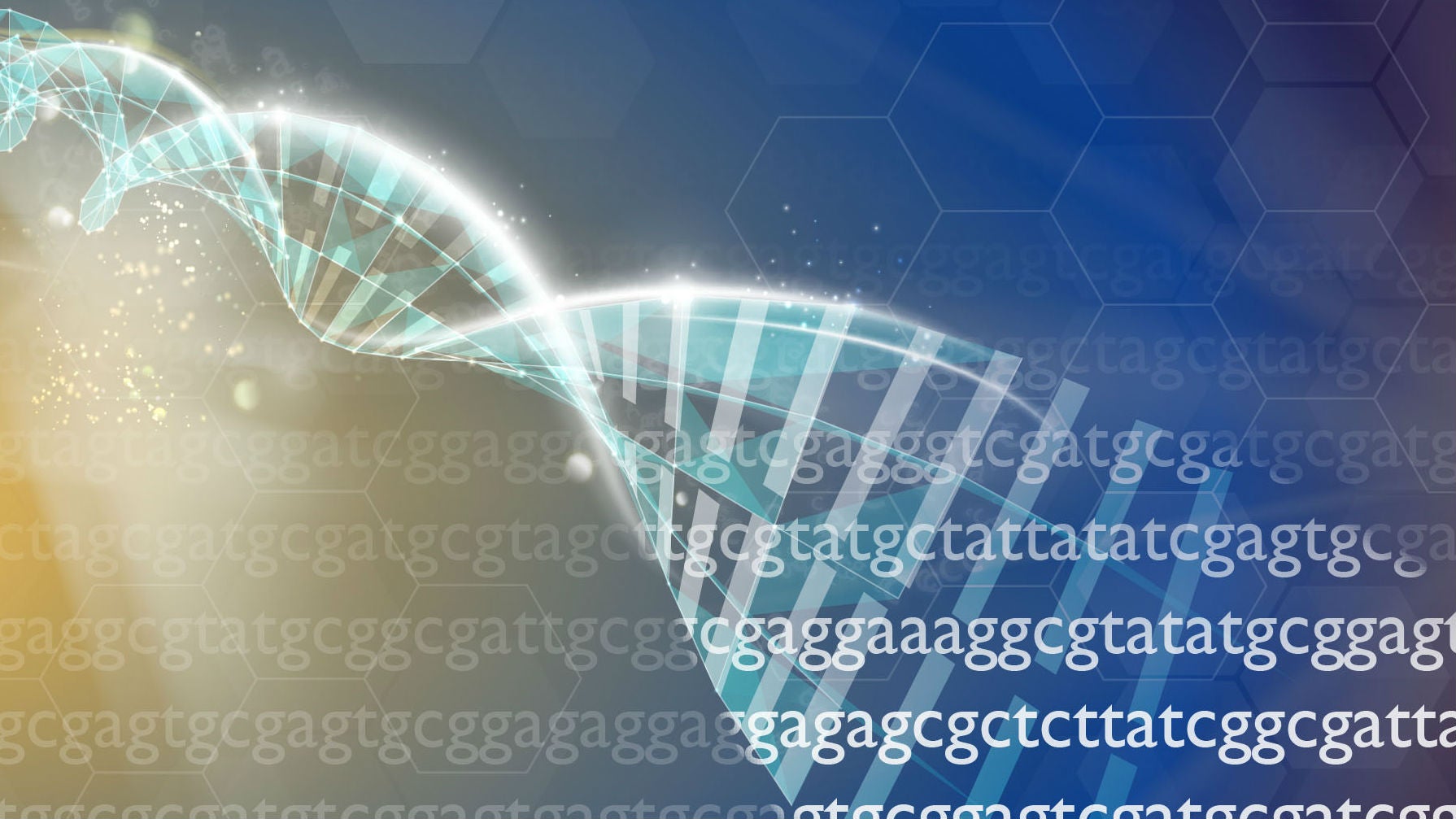A breakthrough study could lead to synthetic DNA therapies for incurable genetic diseases
Huntington’s disease progressively robs you of your mental and physical faculties. Symptoms like depression and uncontrollable movements start between the ages of 30 and 40, and get progressively worse over the next 10 to 20 years. Although there are drugs to treat these symptoms, there’s no cure for the rare genetic disease, and it’s always fatal.


Huntington’s disease progressively robs you of your mental and physical faculties. Symptoms like depression and uncontrollable movements start between the ages of 30 and 40, and get progressively worse over the next 10 to 20 years. Although there are drugs to treat these symptoms, there’s no cure for the rare genetic disease, and it’s always fatal.
Huntington’s is caused by a single genetic mutation that leads to a buildup of dysfunctioning proteins in the brain. People with Huntington’s disease don’t produce a working huntingtin protein, which plays a vital role in nerve-cell communication. This wonky protein slowly kills off nerve cells in the brain.
Now, researchers from University College London report they’ve found a way to reverse the effect of this genetic defect—or at least slow it down—through an injection of synthetic DNA. In a small clinical trial of 46 patients, an injection of a synthetic molecule into the spinal cord appeared to stop the mutated huntingtin gene from producing the faulty protein. If it can keep the lethal protein at bay long term, the treatment could effectively cure an otherwise fatal disease.
Researchers working in other fields of degenerative disease are giddy with excitement about what the study means for future therapies with lab-made genetic material.
“I really think this is, potentially, the biggest breakthrough in neurodegenerative disease in the past 50 years,” John Hardy, a neuroscientist studying Alzheimer’s disease at the University College London not involved with the trial, told the BBC. Alzheimer’s and Parkinson’s are both caused by buildups of harmful proteins in the brain; if a similar technique could be used to stop the production of these proteins, it could slow or cure these diseases (which are far more common than Huntington’s).
There are a couple of ways researchers can go about engineering treatments for genetic diseases like Huntington’s. All genes are responsible for coding for proteins, which do most of the work in the cells, organs, and systems in the body. Theoretically, you could tweak a problematic gene so it makes the right proteins That’s the approach of gene therapies like those already approved for certain types of cancer and genetic diseases like Hunter Syndrome and junctional epidermolysis bullosa. Or, you can leave the gene alone, and alter the way the body codes for the misshapen protein.
That’s how the researchers went after Huntington’s in this case. They created a snippet of synthetic DNA that messes with the messenger RNA responsible for translating DNA protein codes, effectively blocking the problematic huntingtin protein from every being made. The treatment is called Ionis-HTTRx and made by Ionis Pharmaceuticals, the Guardian reports,
Seventy-five percent of the 46 participants in the first-stage trial received an injection of Ionis-HTTRx in their spines (the others received a placebo injection). The authors report that these injections—the first of their kind tested in humans—lowered the amount of damaging huntingtin protein in participants’ brains. Their work hasn’t been published in a peer-reviewed journal yet, and it’s still too soon to see if it’s a complete cure for the disease. Roche, a Switzerland-based pharmaceutical company, has already paid Ionnis $45 million in licensing fees to conduct further studies on the drug.